1692 Fisherman’s return
Gilly the Ghillie: More Chronicles of a West Coast Fishing Guide
by David Giblin
Victoria: Heritage House, 2020
$19.95 / 9781772033359
Reviewed by Matthew Downey
*
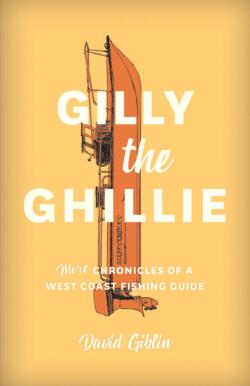
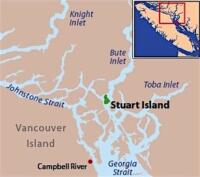 The treacherous rapids and whirlpools of the many labyrinthine waterways that wind through the islands off Vancouver Island’s northeast coastal stretch may often seem out of time in their wild and hazardous nature. Perhaps this mythic wilderness is just what attracts the distinct level of visitors to the area — to view the increasingly rare spectacle of raw nature at the frontier where the world’s largest ocean and second largest country meet. Well, that and the fish. Gilly the Ghillie, David Giblin’s follow-up to his collection of autobiographically inspired stories set in the world of resort fishing out of Big Bay on Stuart Island — The Codfish Dream (Heritage House 2018, reviewed by Kenneth Campbell –Ed.) — delves into the lives of those who make the intersection of wilderness and wealthy holidaymakers their home.
The treacherous rapids and whirlpools of the many labyrinthine waterways that wind through the islands off Vancouver Island’s northeast coastal stretch may often seem out of time in their wild and hazardous nature. Perhaps this mythic wilderness is just what attracts the distinct level of visitors to the area — to view the increasingly rare spectacle of raw nature at the frontier where the world’s largest ocean and second largest country meet. Well, that and the fish. Gilly the Ghillie, David Giblin’s follow-up to his collection of autobiographically inspired stories set in the world of resort fishing out of Big Bay on Stuart Island — The Codfish Dream (Heritage House 2018, reviewed by Kenneth Campbell –Ed.) — delves into the lives of those who make the intersection of wilderness and wealthy holidaymakers their home.
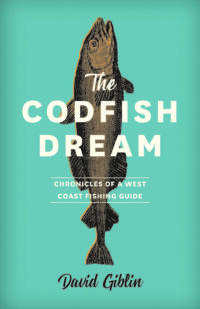
The most perceptible theme running throughout Giblin’s work is the interplay of the real and surreal that inevitably comes with the interaction of people and nature. Giblin portrays the wilderness in which his book is set as a force that may be contended with but never mastered. There are many examples of Giblin contending with the difficulties of nature even as he recounts a career of guiding people through nature in order to harvest fish from it. He recounts his fear as he attempts to navigate the treacherous and massive whirlpools and dangerous passages adjacent to fishing pools (pp. 130-1) and highlights the challenges of rural wilderness life through the story of a friend who somewhat tragically loses his float house while moving it, despite the most intricate planning (pp. 156-7). The mystery of nature is emphasized when one of Giblin’s colleagues engages with two Swedes to travel through time via aboriginal petroglyphs and a stone circle near the resort (pp. 166-71). Despite its challenges and mystery, however, nature is not wholly inhospitable — Giblin strikes an intriguing balance between homeliness and wilderness that emotionally anchors his book.

The characters who Giblin follows, based on his real-life friends, acquaintances, and colleagues, are situated perfectly in the environment he creates. Set around the 1980s, Gilly the Ghillie represents northern Vancouver Island as a free and friendly place, capturing a time in which there was not only still a Swiss Chalet in Campbell River, but also a sense of frontier living in which land could be claimed and shared with minimal bureaucratic oversight. That sense of opportunity, barrier-breaking individual achievement, and optimism is embodied by the titular character of Gilly (real name, Gillian). A single mother, Gilly features as the opening narrative by being hired as Big Bay’s first female fishing guide despite the initial hesitations of the head guide (p. 19). Though she is not necessarily the character who enjoys the most time in the spotlight, it is clear that Gilly features in the title for more reasons than simply the catchy alliterative pun of the nickname she gains later in the book, a ghillie being another word for a hunting/ fishing guide. Indeed, Gilly represents an aura of change and positive newness which permeates this book. The opening of opportunities for women like Gilly is set alongside the onset of new technologies and clientele at Stuart Island. As well, a sense of optimism and tolerance is felt throughout – even with the arrival of a boisterous American businessman who brings with him casual racism and gunpowder-fuelled barbecues (pp. 59, 69), Giblin, both as character and author, gives a respectful treatment.
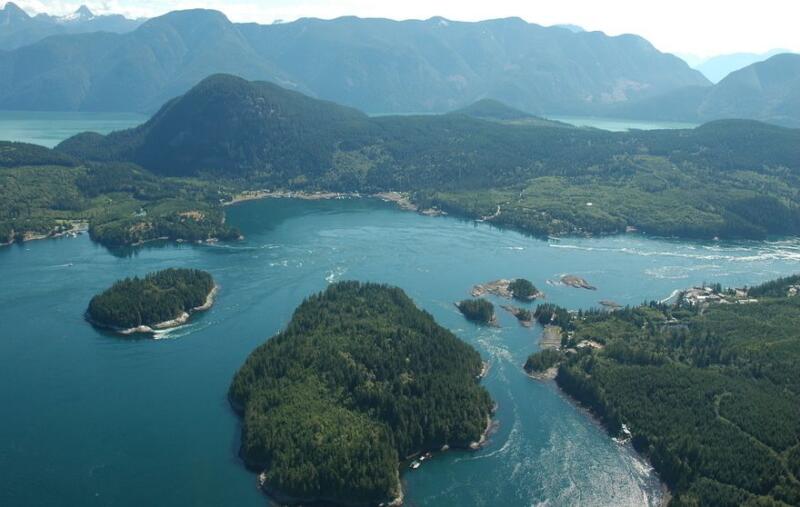
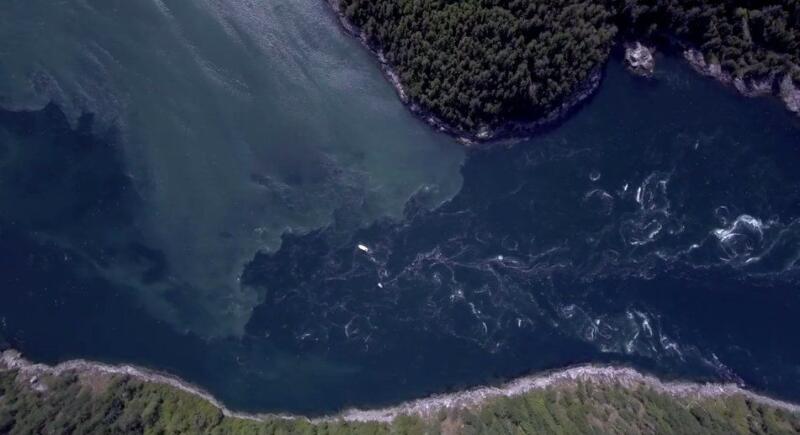

The line that Gilly the Ghillie walks between memoir and novel is, at times, very thin indeed. The stories and characters are clearly rooted in Giblin’s memories, though slight details and names are changed or omitted. Despite this rootedness, certain aspects of the book are clearly fictional — for instance, though Giblin writes in the first person and usually features his own direct experiences as a character in his own book, in many chapters other characters are featured in the foreground and Giblin adopts a third person perspective with little or no transition between those two modes. This does not take away from the reading experience — in fact, it contributes to the unique and engaging overall character of the book itself. This is a collection of fishing stories after all — and a good fishing story is never wholly fact nor fiction but stretches or exaggerates the truth to fit the author’s whim and his narrative needs.
As an appreciation of the waters off northern Vancouver Island, sport fishing, and the people who make their lives in that profession, Gilly the Ghillie succeeds in convincing the reader that anything can happen. As a continuation of the stories told in Codfish Dream, Giblin provides a book full of detail and humour that has one laughing with its characters and wincing at their mistakes. The reader is always engaged in the story at hand, and Giblin avoids any lulls with his sharp and well-organised structure. In Gilly the Ghillie, David Giblin provides more unique and charming stories that mythologise BC’s central coast landscape and make it feel like home to those who live and work there.
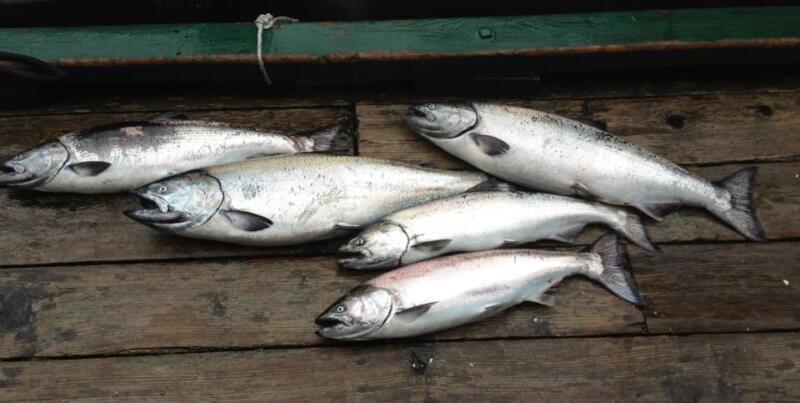
*

Matthew Vernon Downey graduated in 2021 with an honours BA in History and Political Science from the University of Victoria, and in 2022 gained an MSc in international history at the London School of Economics and Political Science. After a year in Southwark, England, he is back in Victoria. Editor’s note: Matthew Downey has also reviewed books by Bill Arnott, Catherine Marie Gilbert, David R. Gray, Grant Evans, Terry Reksten, and Ken Mather for The British Columbia Review.
*
The British Columbia Review
Publisher and Editor: Richard Mackie
Formerly The Ormsby Review, The British Columbia Review is an on-line book review and journal service for BC writers and readers. The Advisory Board consists of Jean Barman, Wade Davis, Robin Fisher, Barry Gough, Hugh Johnston, Kathy Mezei, Patricia Roy, Maria Tippett, and Graeme Wynn. Provincial Government Patron (since September 2018): Creative BC. Honorary Patron: Yosef Wosk. Scholarly Patron: SFU Graduate Liberal Studies.
“Only connect.” – E.M. Forster
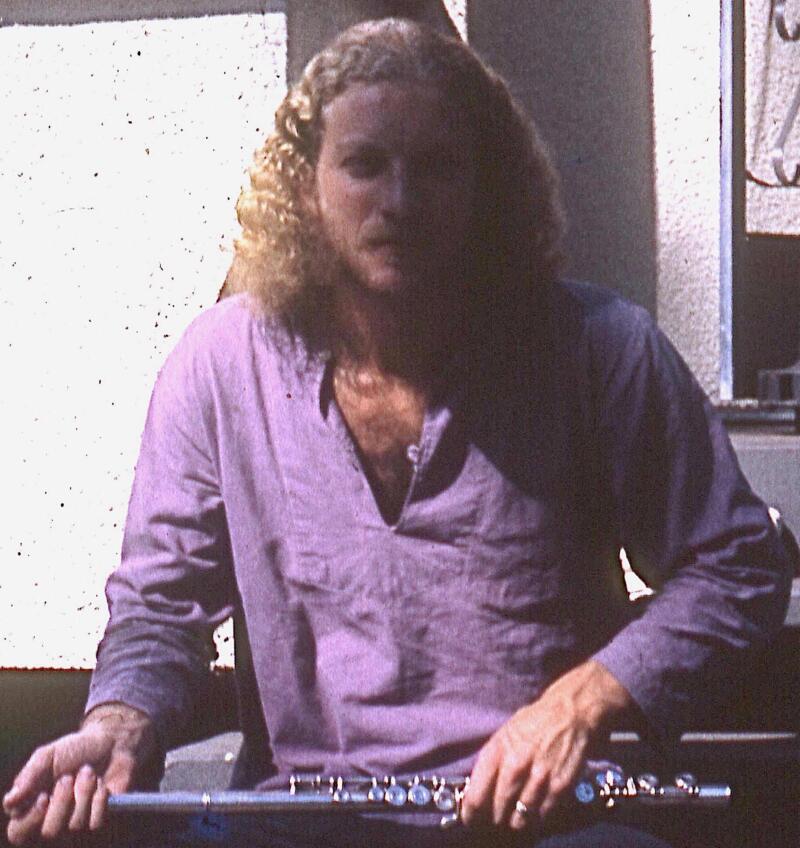




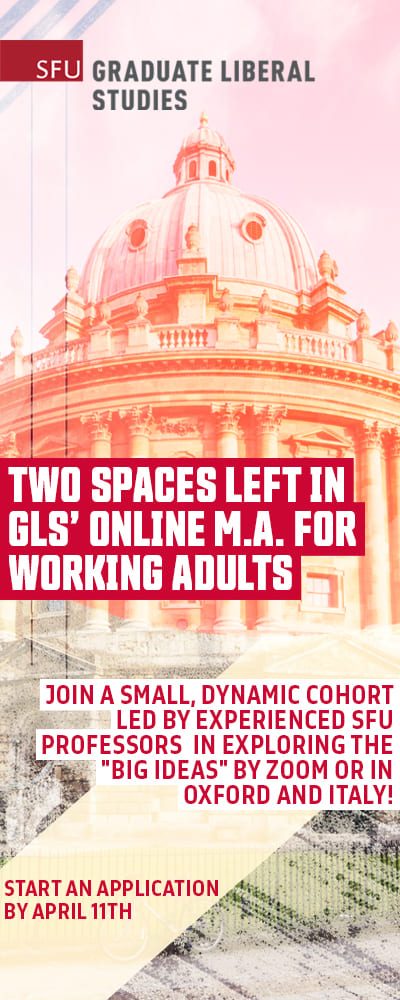


























5 comments on “1692 Fisherman’s return”
A wonderful book and author! Great to bring back memories and laughter of the familiar times we spent there finding our way amongst the rapids and characters. Thank-you Dave for the story-telling as well as your beautiful paintings. Heidi